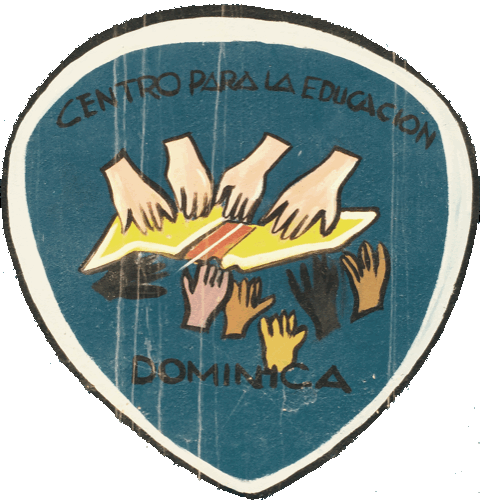Haitian People in the Dominican Republic
The massive influx of Haitian immigrants after the earthquake hit in 2010 overwhelmed Dominican citizens, leading to a reactionary understanding of la población haitiana. However, the flood of Haitian people over the Dominican border was not nearly as extreme as Dominican media made it out to be. Much of their displacement has been due to harsh immigration laws and an extreme lack of proper healthcare—issues which have been brewing for decades. Below is an excerpt from an article in the New York Times Magazine by Johnathan M. Katz about deportations and violence against people of Haitian descent in the Dominican Republic:
“People of Haitian descent make up by far the largest ethnic minority in the Dominican Republic, though estimates of their numbers vary widely, from half a million to more than a million, out of the country’s population of 10.4 million. Some were born there, some immigrated, others move back and forth along the mostly unmarked and unguarded border. They are all lumped together in the Dominican imagination as, simply, haitianos, and many of them make up an underclass that is the backbone of the country’s labor force, tending its farms, cleaning its floors, building its houses and skyscrapers, staffing its all-inclusive resorts.”
Then in 2013, one of the first major decisions made by the Dominican Constitutional Court (established in 2010), “annulled the citizenship of anyone born in the country to noncitizens after 1929. The decision applied to as many as 200,000 people, mostly people of Haitian descent” (Semple K., Dominican Court's Ruling, New York Times, 2013). Dominican people have since been wrestling with a racial crisis that has permeated communities all over the island.
The Dominica School and Orphanage has a vision to improve the lives of its students by making them confident and contributing members of society. The institution sees the potential of all of its students to be positive members of the La Ureña community, regardless of their ethnic background. Its private school status allows it to take in all students and provide them with a full, 12-year education and counseling. Haitian families stripped of their citizenship would be denied anything more than an 8th grade public education for their children. The DSO permits its students to develop properly and leave the school with more opportunities than they could ever have without it. As Dominica says, "these are the best children on the island." The gratitude that the rest of the island shows for DSO graduates seems to prove this.
